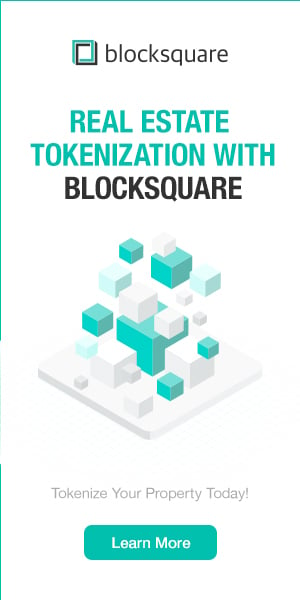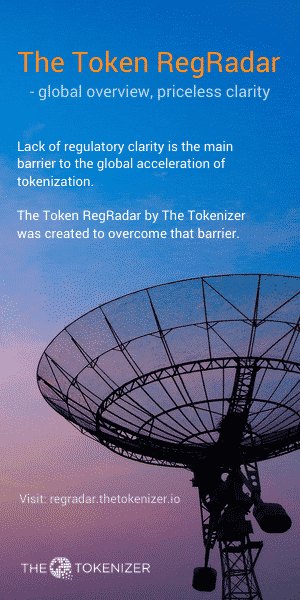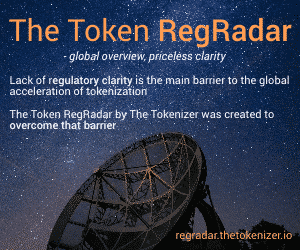A sneak peek at our upcoming regulatory reports vol. 2
Regulatory overview across jurisdictions is crucial for accelerating our new tokenisation industry. That’s why The Tokenizer has launched The Token RegRadar and The RegCheck Service Suite, and it’s also why we are now preparing to publish the two new reports, Regulation at a Glance – Europe and Regulation at a Glance – Asia.
These two comprehensive reports provide an overview of the regulatory status of security tokens in no less than 26 European countries and 29 Asian countries. Below is a sneak peek into the Regulation at a Glance – Asia report, with a chapter on India.
India
India has taken a prudent stance toward cryptocurrencies and the token economy as a whole, lacking explicit regulatory frameworks. Currently, digital assets are not considered legal tender, though not fully outlawed. The applicability of existing financial regulations to asset tokenization remains unclear.
However, the government has exhibited interest in establishing frameworks to regulate digital assets more broadly. For example, the Prevention of Money Laundering Act, 2002 (“PMLA”) has been amended to encompass cryptocurrencies and other digital assets. Additionally, crypto exchanges in India are now required to comply with the PMLA, which includes logging transactions and notifying tax authorities.
There is no dedicated legislation addressing security tokens or STOs, and the Securities and Exchange Board of India (“SEBI”) has not classified security tokens as securities, leaving STOs largely unregulated. It is worth noting however, that some existing frameworks may still apply. Unlike the United States and the Howey test for example, India does not have a specific “test” or distinct elements that can be interpreted to determine if an asset is a security based on economic reality rather than form. As a result, we are left with only the definition of securities in Section 2(h) of the Securities Contract Regulation Act 1956 (“SCRA”) which states that securities include:
- Shares, scripts, stocks, bonds, debentures, debenture stock, or other marketable securities of a like nature in or of any company or other corporate body;
- Derivatives;
- Security receipt as defined in clause (zg) of Section 2 of the Securitisation and Reconstruction of Financial Assets and Enforcement of Security Interest Act, 2002;
- Units or any other instrument issued to the investors under any mutual fund scheme;
- Government securities;
- Other instruments deemed by the Central Government to be securities; and
- Rights or interest in securities.
Whether a particular token fits this definition is highly circumstantial and will likely be determined on a case-by-case basis until some regulatory clarity is achieved.
Interestingly, the Indian Accounting Standards (“Ind AS”) provide some potential guidance on the classification of financial instruments. Ind AS 32 states that a financial instrument is “any contract that gives rise to a financial asset of one entity and a financial liability or equity instrument of another entity.” This definition provides a potential avenue for categorizing security tokens as financial instruments subject to regulation in India. The key phrases in the definition are:
- “Contract that gives rise to a financial asset” – Security tokens typically represent contractual rights and obligations between an issuer and the token holder, often representing underlying real-world assets like shares, bonds, real estate, etc. This fits the concept of a “financial asset.”
- “Financial liability or equity instrument” – From the issuer’s side, a security token represents a financial liability similar to issued shares or bonds. The token holders have an equity interest in the issuing entity.
So, security tokens could be viewed as a contract giving rise to a financial asset for the token holder, and a financial liability or equity instrument for the issuing entity. By fitting this definition, security tokens have a credible case to be deemed financial instruments under Ind AS 32, potentially making them subject to regulations governing financial instruments, even in the absence of dedicated security token legislation.
However, challenges remain regarding definitive classification. The definition’s scope and interpretation in the context of digital assets requires regulatory clarity. As the digital asset space evolves, regulators may need to examine existing definitions and frameworks to better accommodate the token economy.
We are approaching lawyers and industry players in all relevant countries, offering them to participate as sponsors in the report. If you are interested, please contact our CEO, Michael Juul Rugaard, at [email protected] or by phone at +45 93 99 38 83.
Read other stories: A sneak peek at our upcoming regulatory reports
Chintai and DNZ Venture Global Join Forces to Revolutionize Climate Action Through Tokenization
























